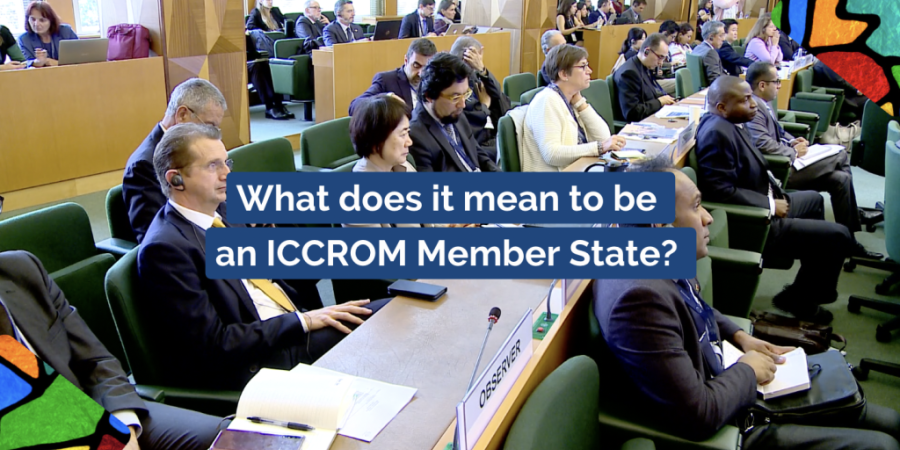
ICCROM Member State Induction Briefing 2023
On 20 March 2023, ICCROM convened its second annual informational meeting, attended by representatives of our Member States and permanent observers from all regions of the world.

On 20 March 2023, ICCROM convened its second annual informational meeting, attended by representatives of our Member States and permanent observers from all regions of the world.
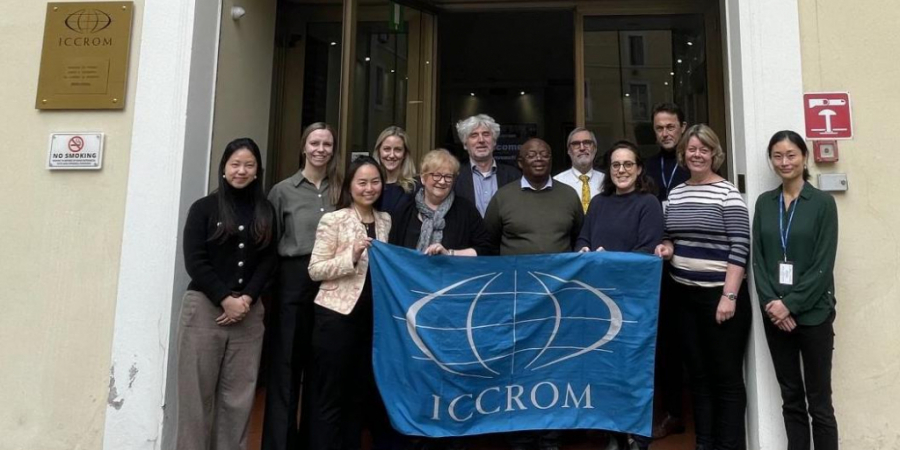
On 2 and 3 March 2023, the Foundation Partners of the World Heritage Leadership (WHL) programme – ICCROM, IUCN and the Ministry of Climate and Environment of Norway – met in Rome to kick off Phase 2 and shape future work on World Heritage capacity building.
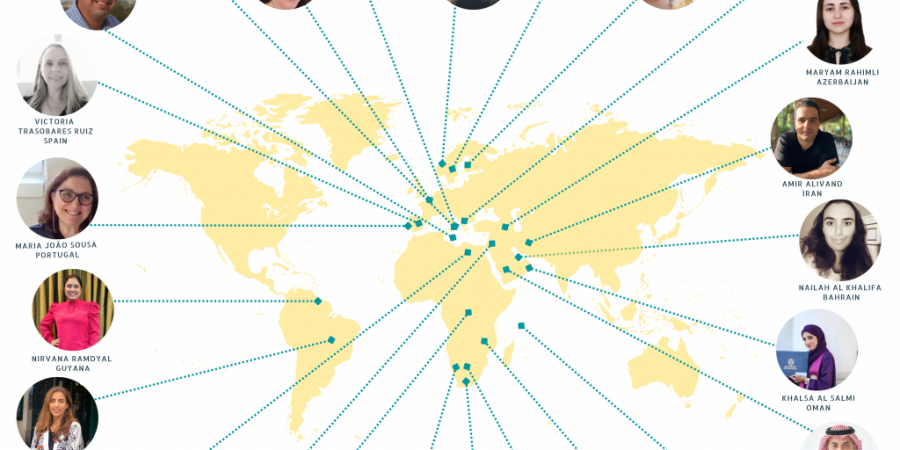
This year’s first edition of the People-Nature-Culture (PNC) course brought together 25 practitioners from 24 countries. There will be four more editions of PNC in 2023.
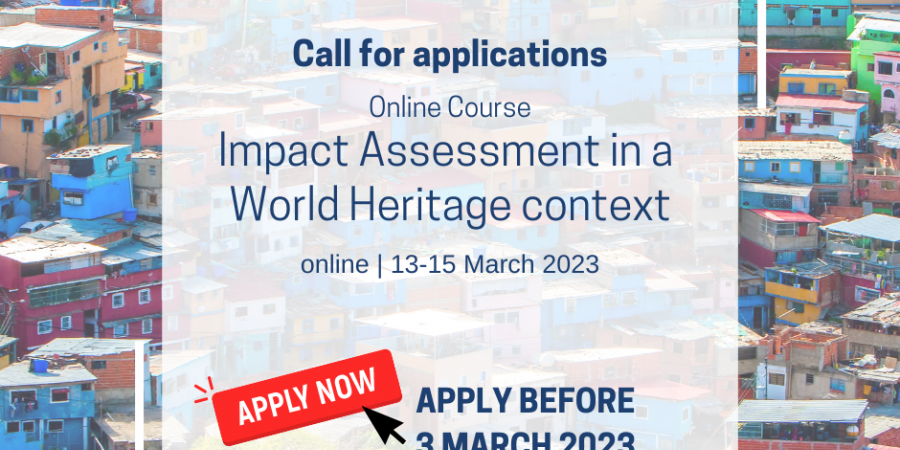
This online course will explore how impact assessment and multidisciplinary cooperation can be useful in identifying solutions for both protecting World Heritage sites and supporting high-quality, appropriate development.
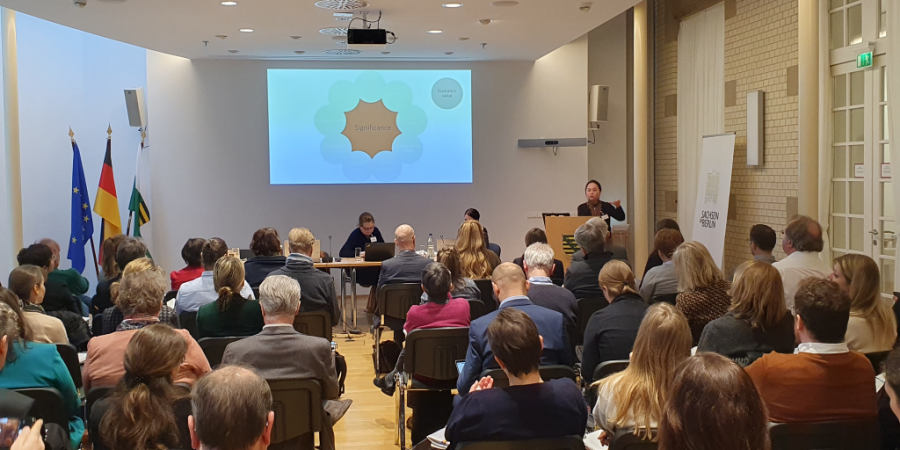
The ICCROM-IUCN World Heritage Leadership (WHL) programme, together with the Focal Point for World Heritage at the Federal Foreign Office of Germany, delivered a workshop on World Heritage management to support site coordinators and institutions involved in the third cycle of the Periodic Reporting Exercise.
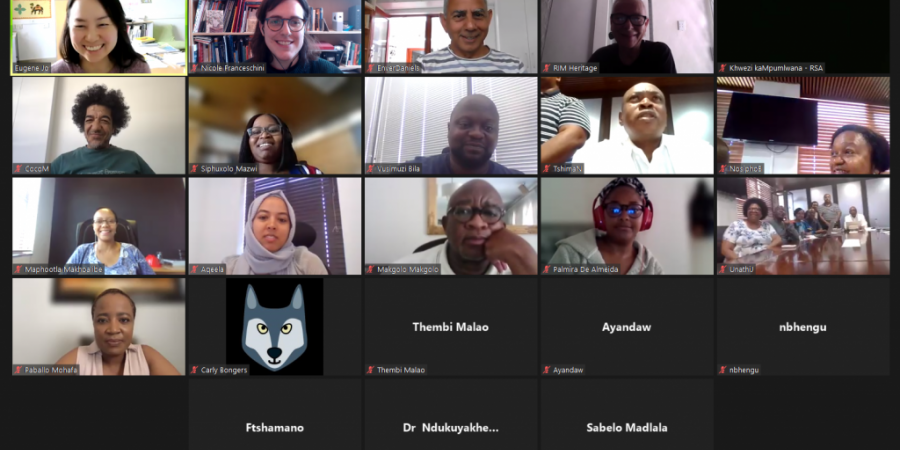
ICCROM has joined forces with the Robben Island Museum to assess the heritage management system of the World Heritage site of Robben Island and work towards establishing a new Integrated Management Plan (IMP) for the site.
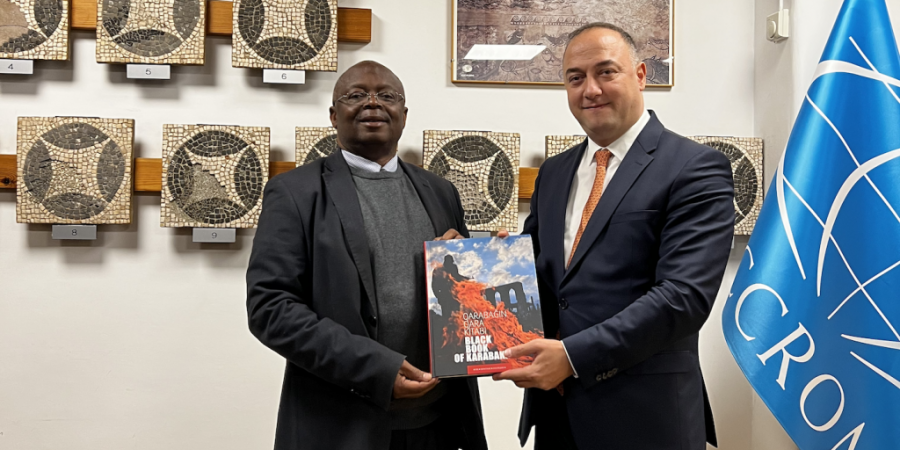
On 14 December 2022, ICCROM Director-General Dr Webber Ndoro had the honour of receiving The Head of the State Service for Protection, Development and Restoration of Cultural Heritage under the Ministry of Culture of the Republic of Azerbaijan, Mr Azad Jafarli and Mr Rustam Bayramov, Second Secretary at the Embassy of the Republic of Azerbaijan to Italy and Nazrin Mammadova, Head specialist of the...
ICCROM-IUCN World Heritage Leadership (WHL) programme, the Arab Regional Centre for World Heritage (ARC-WH) and the Heritage Commission of Saudi Arabia joined forces to deliver a 5-day course on Impact Assessment for World Heritage at the World Heritage site of the ‘Rock Art in the Hail Region’ in Saudi Arabia.
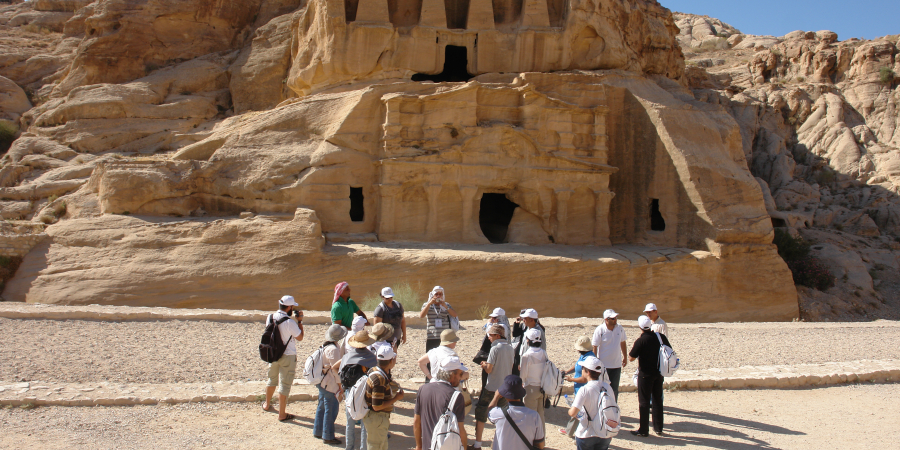
On the 50th anniversary of the World Heritage Convention, ICCROM looks back with pride on the important role it plays as an Advisory Body, helping shape the basic principles and practices in managing and conserving places of Outstanding Universal Value.
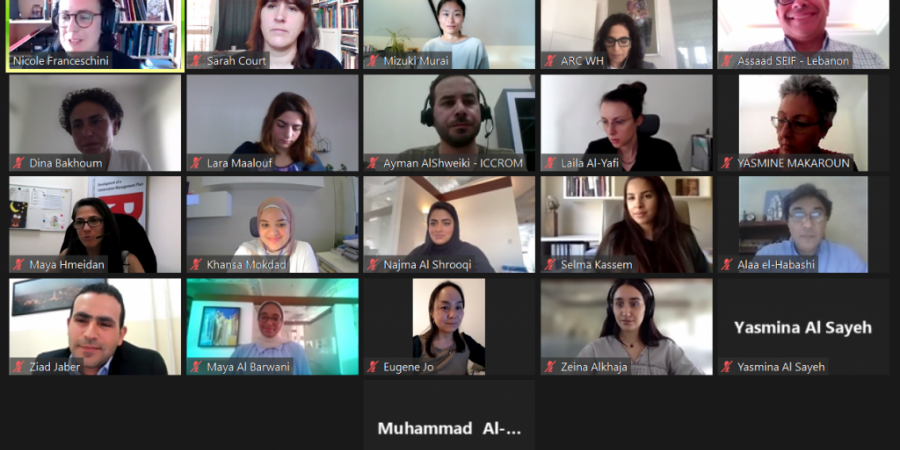
The ICCROM-IUCN World Heritage Leadership (WHL) programme and the Arab Regional Centre for World Heritage (ARC-WH) delivered a joint session to develop training teams to enhance Arab regional capacities and create a regional roster of resource people that will work with ARC-WH and WHL in delivering capacity building and assistance.